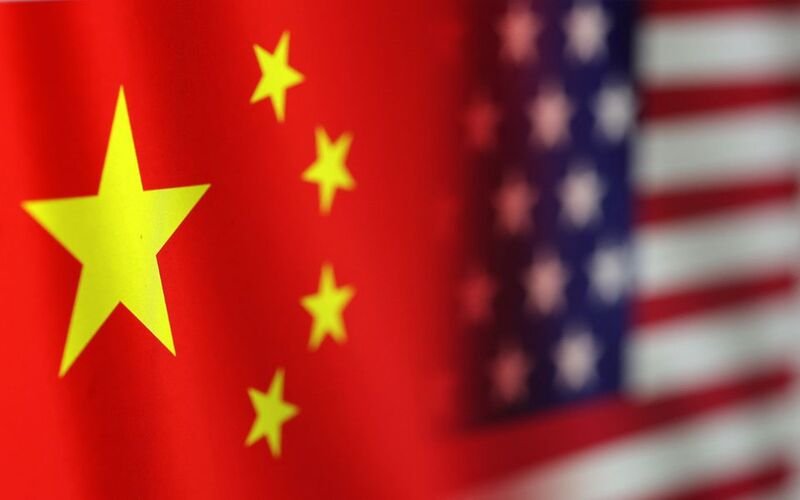Deputy U.S. Trade Representative Sarah Bianchi told Reuters that the U.S. would not hinge its decision on a “breakthrough” in U.S.-China trade relations.
Bianchi said in an interview on Saturday after a ministerial conference of the U.S.-led Indo-Pacific Economic Framework negotiations that the Biden administration is not expecting a deal but will continue talking with China at various levels.
The review is analytical. Bianchi said the inquiry would not “base-case any breakthrough in the trade relationship” with China. “We’re not assuming that will happen.”
She said USTR is still reviewing industry and stakeholder input on the duties with the Commerce Department, Treasury, and other agencies to determine which categories make strategic sense.
“We’re taking a look at what’s economically sound,” said Bianchi, who manages USTR’s Asia engagement.
After a “Section 301” investigation found that China was misappropriating U.S. intellectual property and forcing U.S. companies to transfer sensitive technology, former President Donald Trump imposed tariffs on thousands of Chinese imports worth $370 billion in 2018 and 2019.
Vehicles, industrial components, semiconductors, and other electronics have 25% tariffs, whereas consumer products have 7.5%. Cellphones, laptops, and gaming consoles were tariff-free.
Section 301 of the Trade Act of 1974 requires the review four years after the first imposed tariffs. Initial notification began in May 2022. Bianchi said it was “reasonable” to finish the evaluation by 2023.
USTR extended tariff exclusions on 352 Chinese import categories for nine months at the end of 2022. They expire on Sept. 30. Washington trade experts consider that date a tariff review decision point.
As the study began in May, some Biden administration officials urged for lifting some tariffs as the administration fought to control high inflation.
Treasury Secretary Janet Yellen said reducing “non-strategic” tariffs will lower costs for specific commodities, while Trade Representative Katherine Tai said the penalties give the U.S. “significant leverage” over China.
As inflation has down, tariff conversations have slowed, Bianchi said.
Chinese Commerce Minister Wang Wentao highlighted concerns about Section 301 tariffs at a meeting with Tai in Detroit on the sidelines of an Asia Pacific Economic Cooperation trade forum.
Wang’s meeting with Tai and Commerce Secretary Gina Raimondo the day before was the first cabinet-level contact between Washington and Beijing in months, following a series of trade and national security setbacks, including the U.S. downing a Chinese surveillance balloon over the continental U.S.
Bianchi said the U.S. and China must talk for the global economy even if they disagree.
“These are the two largest economies in the world and we need to be talking at different levels, even if they’re difficult conversations,” she said.
“On trade right now, there aren’t many similar perspectives,” she said of the U.S. and China. “I’m not sure where it will lead, but I think the conversations will continue to be difficult, but we must have them.”
































Comment Template